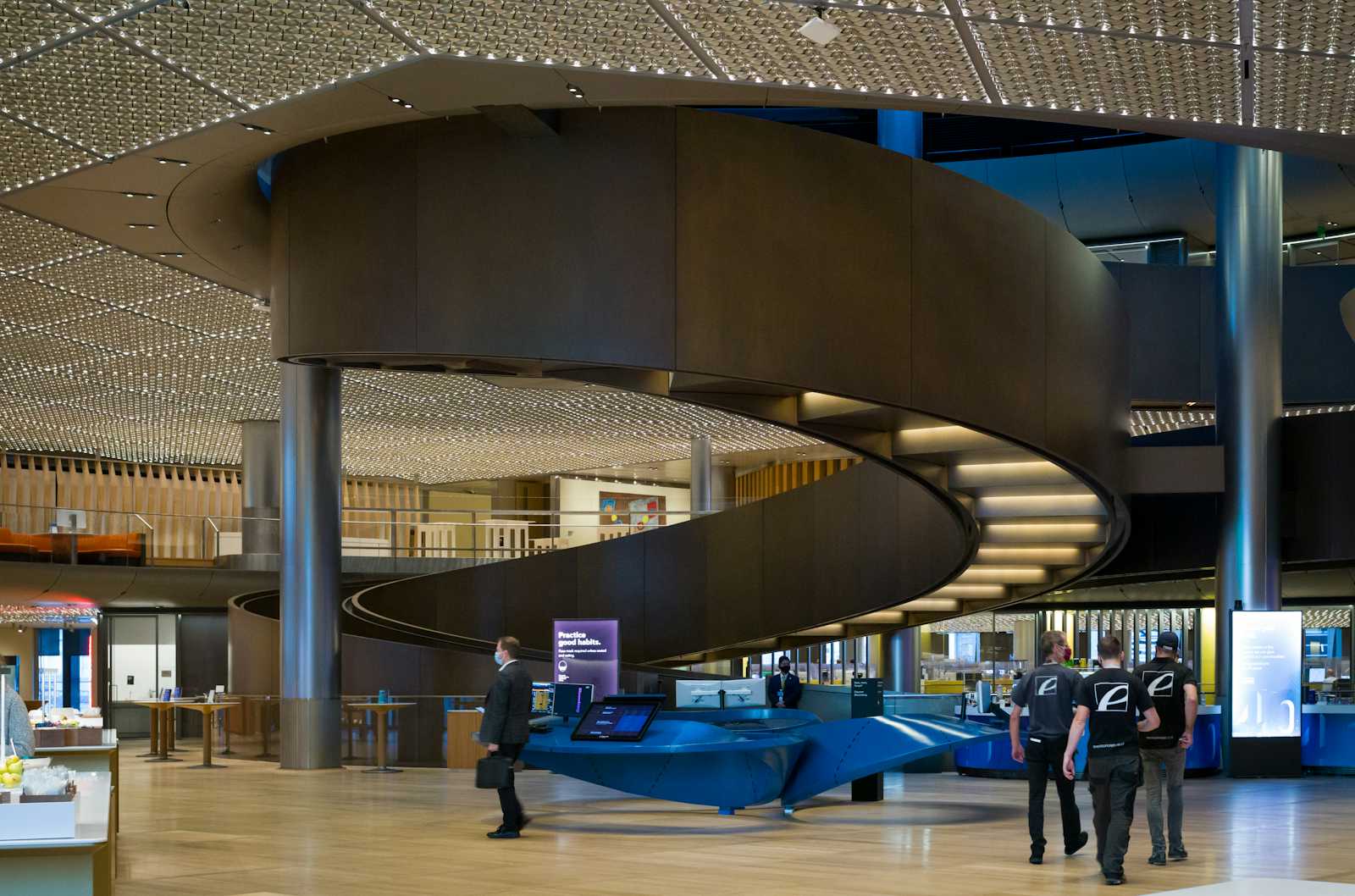Bloomberg Senior Software Engineer Interview Guide
 Coditioning
Coditioning
CODING ROUNDS
You’ll typically have a phone screen and one or two extra onsite coding rounds. Always confirm with your recruiter as the number of interviews can vary between teams.
Technical Knowledge Areas
- Ensure you have a good understanding of software engineering fundamentals (memory management, thread-safety, etc.).
- Prepare to devise and implement optimal algorithms and perform code reviews.
- Be wary of bugs stemming from integer overflow, duplicate values, negative numbers, division by zero, and invalid input.
- Know when to use specific data structures, be comfortable using their member functions by heart, and know the runtime complexities.
- Questions related to heaps, binary search, recursion, linked lists, and object-oriented design are quite common.
Recommended Interviewing Technique
- On the day of your interview, try to avoid coding to conserve energy, but review any notes you’ve made to boost your recall speed.
- Do ask how much time you have and the number of problems you’ll be asked to solve so you can pace yourself.
- Don’t dive in; take time to understand the problem, state your assumptions, and clarify any ambiguities in the problem description with the interviewer.
- Formulate an optimal solution and rigorously evaluate it against test cases. Often, starting with a naive solution before optimizing can be helpful.
- Try to come up with at least two solutions and implement the best one based on runtime complexity (space and time), implementation time, and ease of explanation.
- Lay out your code structure using comments or pseudocode, and succinctly explain your solution before implementing.
- During the course of the interview, always pause to think and challenge your first thoughts.
- Don’t be afraid to politely push back against an interviewer who is interfering with your thought process, rushing you while you code or run your test cases. Better to be slow and correct than fast and wrong.
SYSTEM DESIGN ROUND
The experiences of past candidates suggest that you’re likely going to design a system relevant to your target role, as opposed to generic questions like designing a URL shortening service or designing a web crawler. The job spec is a good place to find hints on the types of challenges peculiar to a role.
Technical Knowledge Areas
- Practice designing a wide variety of systems, and ensure you design systems relevant to your target role.
- Useful concepts for system design include scalability, throughput, high availability, fault tolerance, security, etc.
- Relational and non-relational databases: pros and cons, when to use which, CAP theorem, replication (asynchronous, synchronous, lag), etc.
- Load balancers, queues, in-memory caches, routing, microservices architecture, pub/sub messaging, etc.
- For example, if you’re interviewing with the Feeds team:
- Familiarize yourself with market-data related architectures such as feed handlers, and have a basic understanding of how exchanges distribute data.
- You should be comfortable with multicasting (inner workings, limitations, does it use TCP or UDP?), error-handling when a packet sent from the exchange is lost, and the lifecycle of data packets sent from exchanges to Bloomberg.
TEAM LEADS & GROUP MANAGER ROUNDS
In these rounds, you’d be meeting more senior engineers whose roles have evolved to involve more people management and less coding. They’d be looking to see if you’d be a good fit for Bloomberg’s culture, and if you’d fit in with the teams they oversee.
- Do not underestimate the importance of these rounds; acing the pure coding/technical rounds will not redeem a mediocre performance at this stage.
- You may be asked technical questions, but having to code is unlikely.
- Clear communication is paramount.
- Be ready to defend every line on your resume.
- Know why you’re interested in Bloomberg.
- Know what you’re looking for in your new role (hands-on coding, system design, significant human interaction, etc.).
- Prepare responses for behavioral/competency questions. Questions like:
- When have you demonstrated leadership?
- Describe a time when you’ve had to deploy an emergency change to production.
- Describe a time when you’ve worked in a team to deliver a project.
Final Tips
If you’re interested in multiple roles, consider applying to two roles. If you clear the initial phone screen, then you should
have two shots at the onsite.
- Ensure realistic mock-interviews with another human, as part of your preparation; solving leetcode problems doesn’t simulate many aspects of the live interview experience (interviewer engagement, time management, etc.).
- Be prepared to discuss a recent project you’ve worked on in 2 to 3 minutes, and be prepared for follow-up questions related to the:
- Technology stack.
- Design decisions.
- Challenges faced.
- Your contributions and lessons learned.
- You have to be vigilant about time-management.
- Ask interviewers about the challenges they face in their roles. There’s a good chance they’ll divulge important considerations that’ll help you in the system design round.
- Take care of yourself (adequate sleep, exercise, meditation, and a balanced diet).
- Bloomberg onsite interviews typically involve 4 or 5 hours of back-to-back interviews; try to split them over two days if you can.
- Stay hydrated throughout your interviews, and if possible, have an energy source that you can consume during the interview.
Subscribe to my newsletter
Read articles from Coditioning directly inside your inbox. Subscribe to the newsletter, and don't miss out.
Written by
